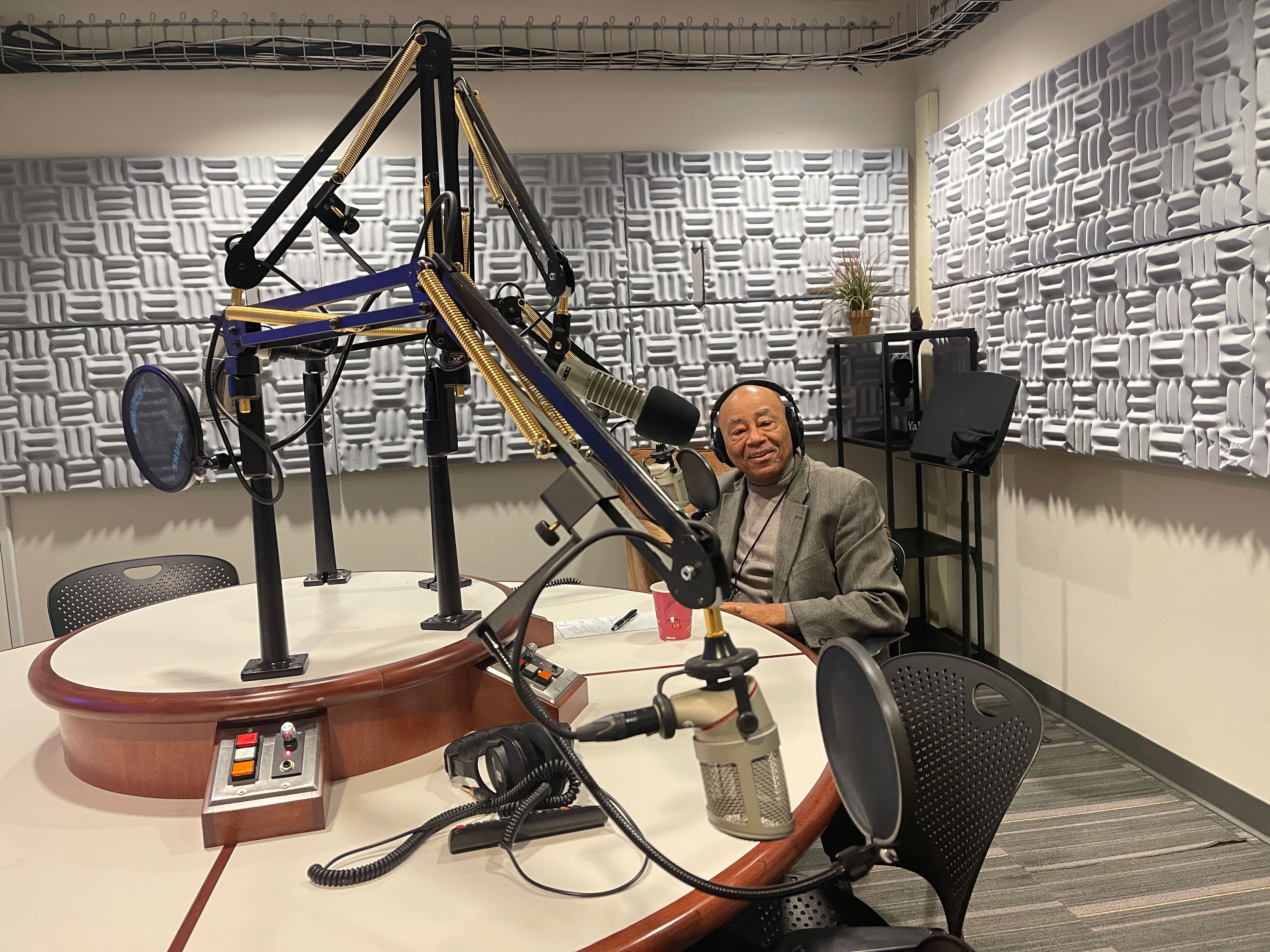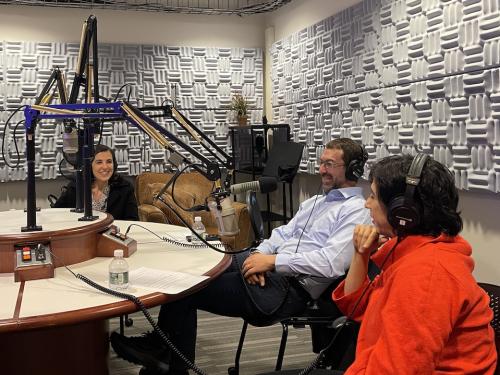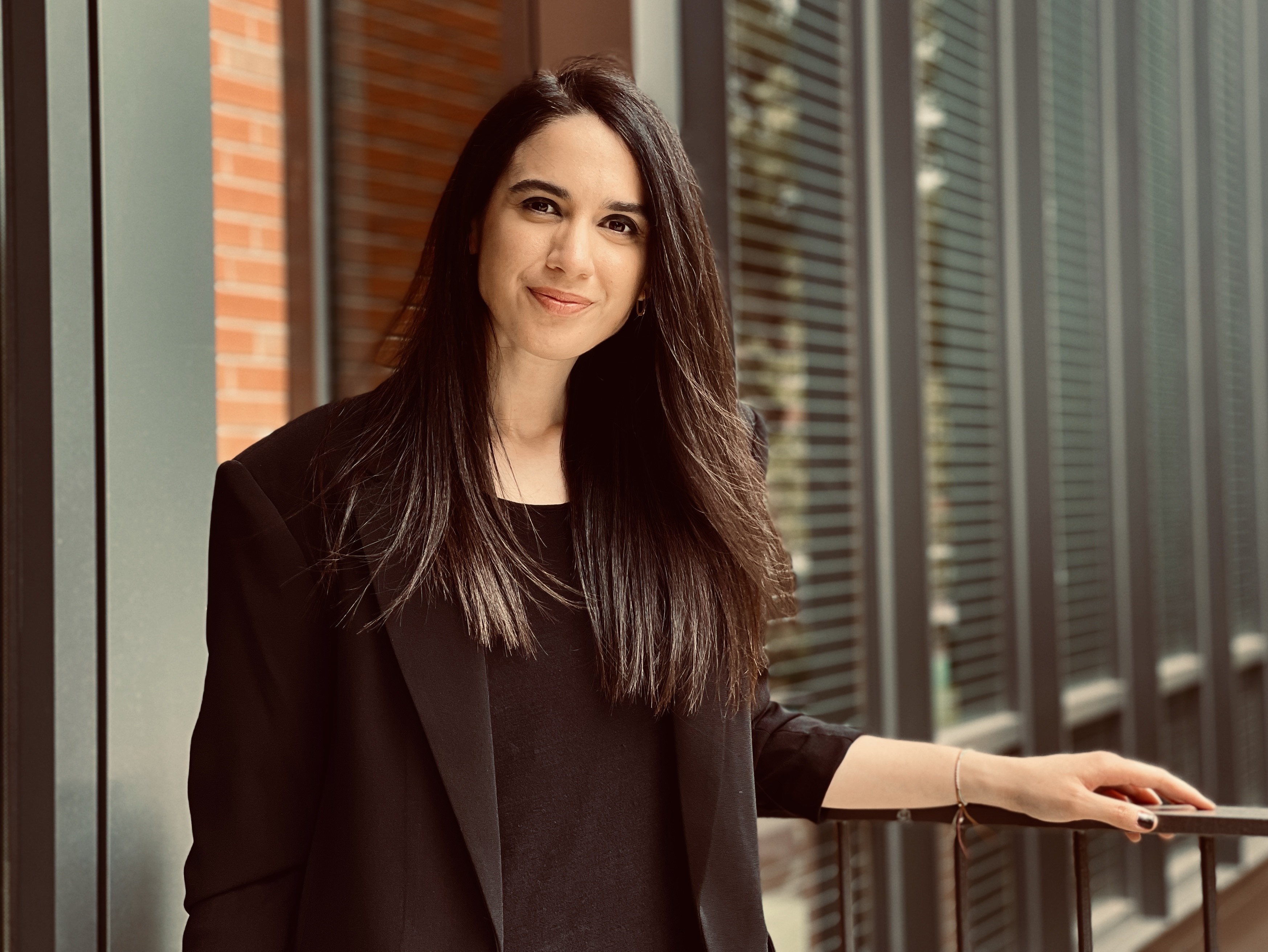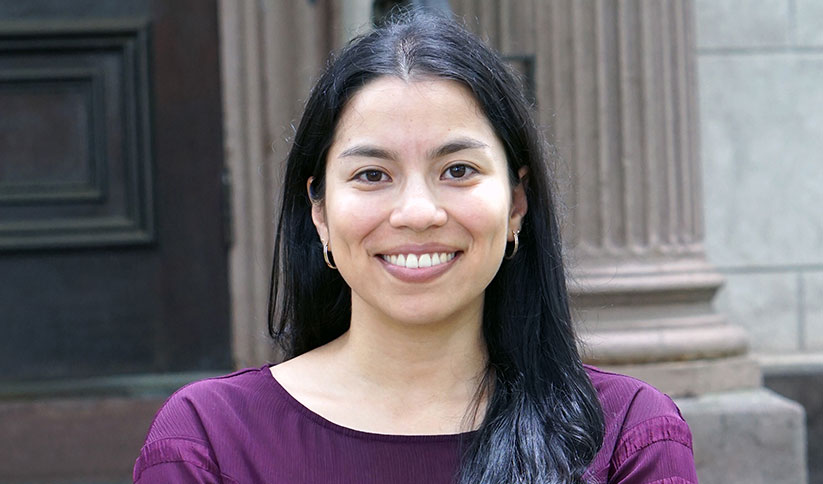EGC Quarterly Newsletter, Fall 2023
Our Fall issue announces open registration for the 2023 Firms, Trade, and Development conference and the Yale Climate, Environment & Economic Growth Conference, and highlights the launch of Penny Goldberg’s monograph, "The Unequal Effects of Globalization".

Inequality amidst transformation
The initial intellectual project of EGC – to investigate processes of structural transformation – was, in large part, conceived of by Simon Kuznets. The EGC’s Country Studies Program delved into the dynamics of structural transformation and the mechanics of national accounting in newly independent countries in Asia, Latin America, and Africa.

Photo credit: Donatas Dabravolskas, Shutterstock
Monographs associated with this program like Carlos Diaz-Alejandro’s work on Argentina highlighted the close links between trade, structural transformation, and levels of domestic inequality. These links were also echoed by Kuznets in his 1971 Nobel Prize acceptance speech: “[This] comment on the hidden costs and returns involved in the shift toward urban life may apply to many other costs and returns involved in other shifts imposed by economic growth, for example, in the character of participation in economic activity, in the social values, and in the new pressures on deviant members of society.”
We at EGC consider these questions part of the remit left to us by Kuznets and the Center’s other founders. As EGC affiliate Michael Peters reflects, “Kuznets’ conception of growth and structural change was much broader than what the current literature suggests. While ‘structural change’ and ‘changes in sectoral employment’ are often used interchangeably, Kuznets’ view was much more encompassing, stressing urbanization, formalization, marketization of household labor, and political participation. It is hard to think through these topics without having a concept of household, family, division of labor, etc., and we now are in the position to bring microdata to bear on these macro questions of structural change.”
August saw the launch of EGC affiliate Penny Goldberg’s monograph The Unequal Effects of Globalization (with contributions by Greg Larson) which provides a balanced and sobering discussion of globalization trends, their drivers, and effects on inequality.
This semester we are conducting a series of events to interrogate critical domains of modern transformation - labor markets and firms, the economic status of women, and the impacts of climate breakdown and the transition to clean energy on developing economies.
In August, we conducted the Gender and Growth Gaps in South Asia – Research and Policy Workshop – collaborating with Inclusion Economics India Center, the Udaiti Ffoundation, and the Asian Development Bank Institute – to discuss gender gaps in the economy in this region, with some of the largest gaps in labor market outcomes today.
In October, we will hold the 2023 Firms, Trade, and Development conference, in New Haven and London with a live simulcast online, co-hosted with the International Growth Centre (IGC). Sustainability will be a focus of Robin Burgess’s keynote address and a theme across the conference.
In November, we will hold the Yale Climate, Environment & Economic Growth Conference 2023, which will take a close look at the future of economic growth in the climate transition with a focus on adaptation processes, the renewable energy transition and the nature of growth in low- and middle-income countries. EGC will co-host this two-day event with the Yale School of the Environment and the Tobin Center for Economic Policy.
These events include videos you can watch on our website, and registration for online participation. I hope you will join us.

Rohini Pande
Henry J. Heinz II Professor of Economics
Director, Economic Growth Center
EGC Voices in Development
This podcast series explores issues related to sustainable development and economic justice in low- and middle-income countries.
Episode 7

Episode 7 features Gerald Jaynes on his path as an economist and his research using mixed methods to study race-based economic inequality.
Episode 8

Episode 8 is a Yale Development Dialogue featuring Eliana La Ferrara, Samuel Moyn, and Rohini Pande discussing social norms and their effects on the economic, social, and legal dimensions of development.
EGC Affiliate Spotlights
Patrick Agte

The incoming EGC Postdoctoral Associate describes his research on complex effects of micro-loans for low-income entrepreneurs and their children – in the short-term as well as more than a decade later.
Deniz Sanin

The EGC Visiting Scholar used econometric methods to find a causal relationship between increased women’s employment and decreased intimate partner violence in Rwanda’s coffee-growing regions.
Valentina Martinez-Pabon

As part of a series of studies on inequality in Latin America and the Caribbean, the EGC Postdoctoral Associate and coauthors are analyzing the equalizing effects of taxation and government spending on income redistribution.
New Collaborations
EGC signed a two-year Memorandum of Understanding with the Institute of Economic Growth in New Delhi to collaborate on joint initiatives including a short-term visitors program, teaching and capacity building, and events, seminars and policy workshops. IEG’s Director Chetan Ghate notes, "IEG and EGC are natural partners. They both started at a similar time - six-seven decades ago. They both started with the goal of becoming top research institutes with a focus on impacting development in low income countries as well as India. Both institutes have had leading academics and top policy-makers associated with them. Both institutes inform economic policy making using quantitative techniques today. The new collaboration between IEG and EGC will continue to promote these goals by enabling research excellence, faculty exchanges, and collaborations between scholars. This heralds an exciting beginning of what will hopefully be a lasting partnership.
Latest research
EGC Research

Ana Cecília Fieler on the power of firm networks in trade and economic development; Michael Peters and Fabrizio Zilibotti on the unequal effects of service-led growth; and Guillermo Noguera on the relationships between exporters in lower-income countries and their foreign buyers.